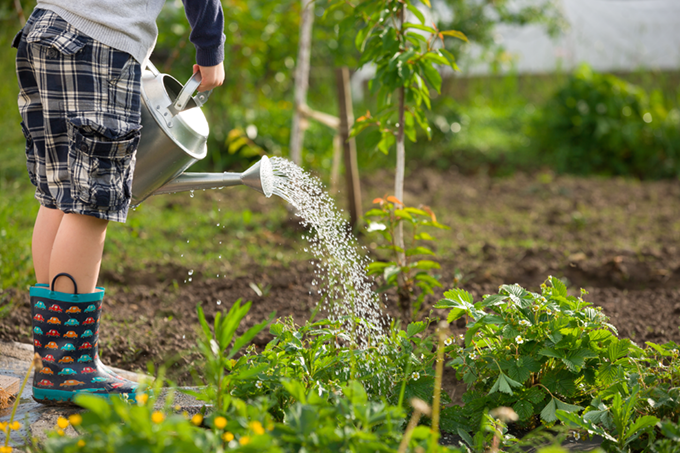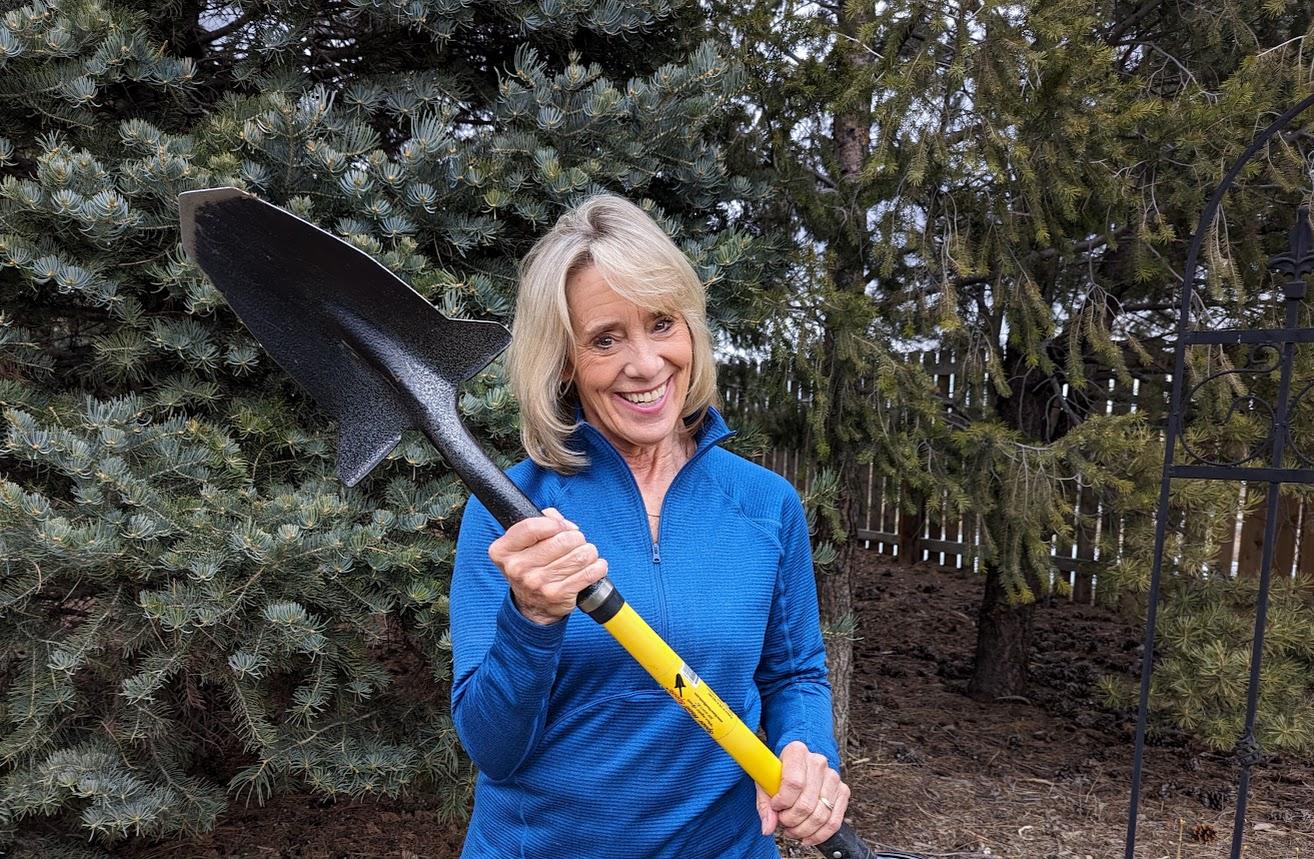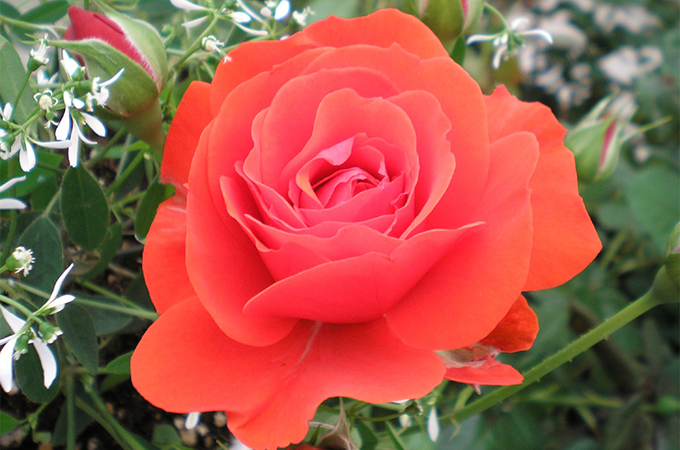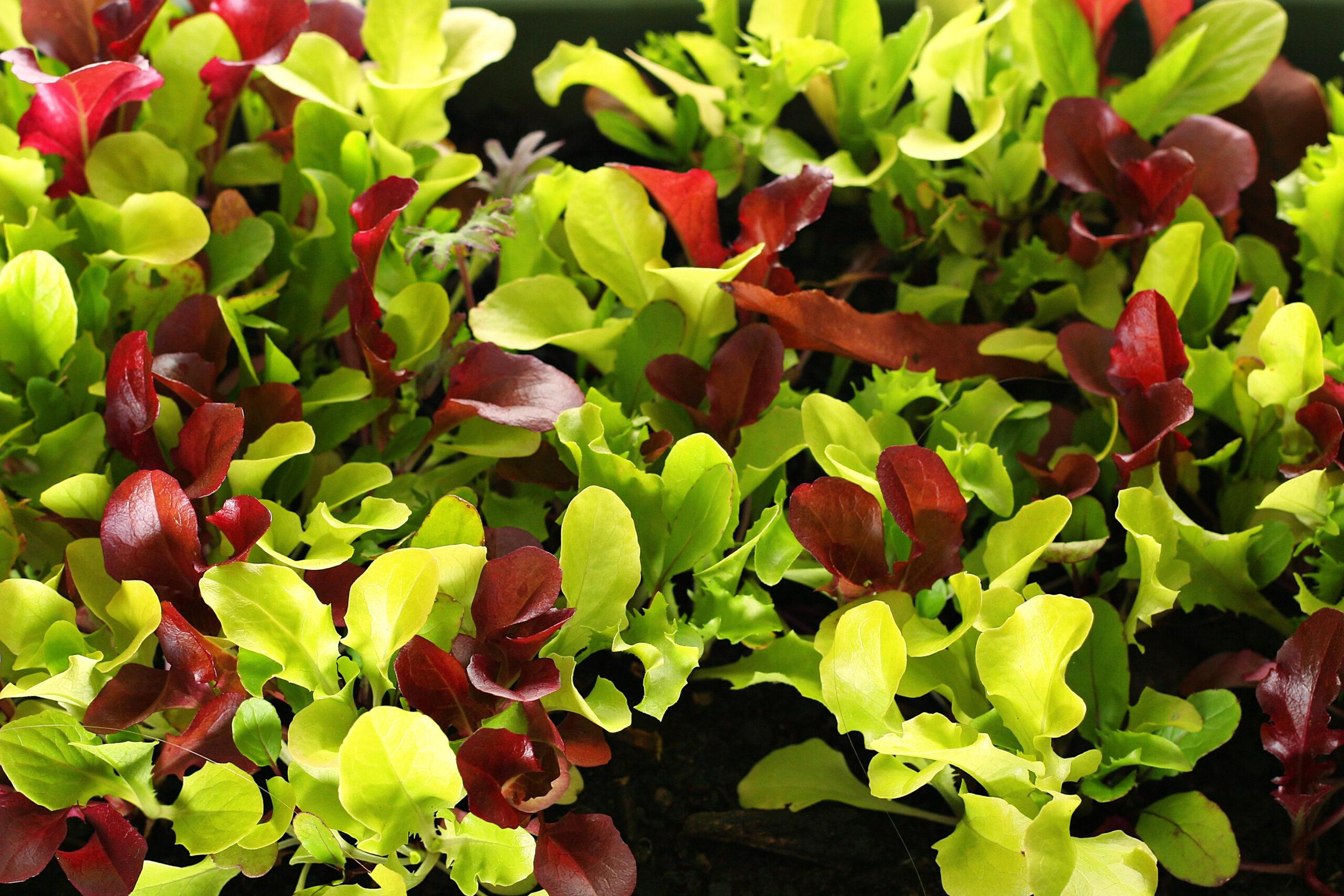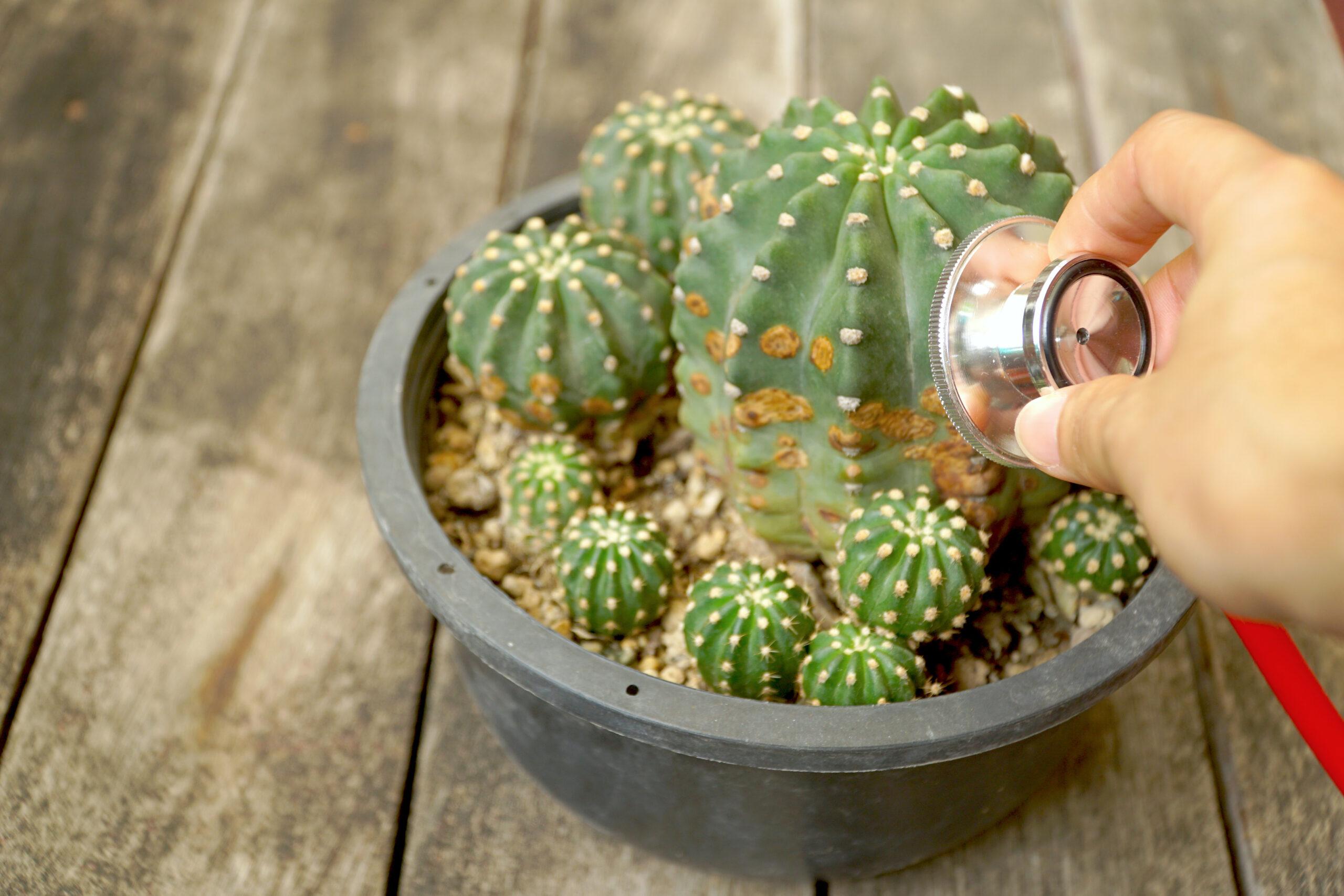It’s time to plant veggies! If you’re new to starting a vegetable garden… or just want some helpful reminders on some basic do’s and don’ts, you’ve come to the right place.
I asked for help from Trish. She’s one of Tagawa’s top veggie advisors and a long-time veggie gardener herself. I was curious about some of the most common mistakes that she sees people make when they’re new to growing vegetables…. and I’ve thrown in a few observations of my own. Avoid these problems and you’ll be well on your way to a successful harvest for 2018!
Let’s start with timing
Trish says all too often, people don’t distinguish between “cool season” vegetables and “warm season” veggies. The cool crops should be going in now. They include plants like cabbage, kale, broccoli, potatoes, onion sets, peas, and lettuce, among others. Some of these veggies tolerate cooler temps. Others thrive on the cold and need it to be their best.

Warm season veggies need temperatures well above our current nighttime lows. It’s not only about protecting their leaves. Their roots really don’t like cold soil. The obvious warm season crops are tomatoes, eggplant, and peppers. But even beans and corn will pout (or perhaps rot) in cold wet soil.
Trish urges gardeners to plant with our late April and early May temperatures in mind. The veggies will do better in the long run if they get a good start and grow with the weather, not against it.
Soil should always be a priority
Trish puts a lot of importance on good soil. She says it’s not uncommon to hear that gardeners are planting in beds or containers with soil that’s never been improved from one year to the next.
For folks who are planting in beds, she likes to see a few inches of compost mixed in down to the roots’ level before planting starts each and every season. Tagawa’s carries and highly recommends Nature’s Yield Compost.
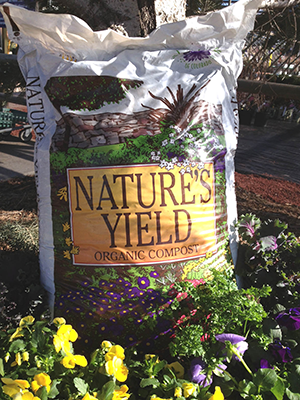
A word of caution: compost is an amendment. It’s meant to be worked into the soil. Putting seeds or plants into straight compost is way too much of a good thing and will not make for happy plants.
For veggie gardeners growing in containers, it’s best to replace part of all of the soil in the pot each year. If I’m sure I haven’t had any insect or disease problems the year before, I might replace half of the soil in my containers with fresh soil and mix it together well. Last year’s clean season-old can go into my beds.
Seeds: not too high, not too low
I’ve always thought seeds were magical things. Big seeds… little seeds… it’s a wonder how they turn into full-sized plants. But they can’t do that if they’re not planted at the right depth.
Seed packets will tell you how deeply the seeds need to go. Take that advice to heart! Tiny seeds like carrots and lettuce are best placed on top of moist planting mix or soil and then gently pressed into the medium. Often, they don’t need to be covered at all.
Larger seeds like beans should be planted according to package directions… usually about an inch deep… and then covered and watered well. Seeds that are planted too deeply often can’t make it to the surface and just never show up for duty.
Sprouts don’t wilt. They die.
Once you’ve sown your seeds, good watering is essential! When the tiny seed sprouts, it has to be kept moist. That’s going to mean giving it some water every time that soil surface dries out… even if that’s two or three times a day!
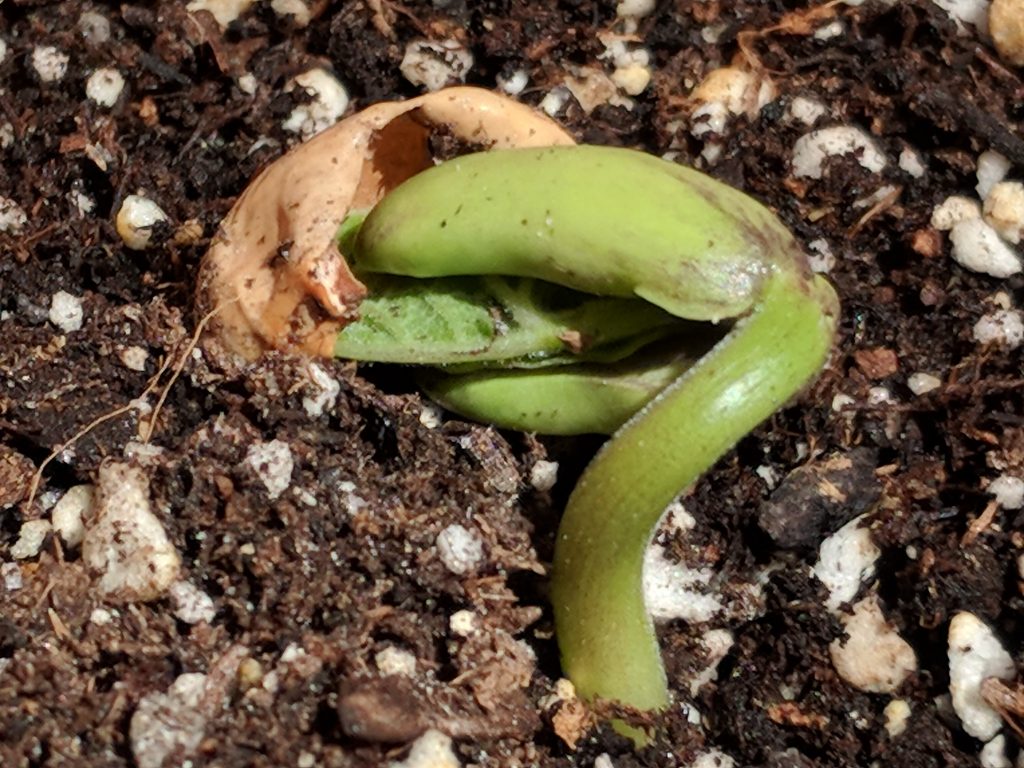
Once the seedlings have some good roots and leaves, they’re a little more forgiving, but sprouted seeds are helpless if they dry out. Keep the bed or pot moist, or risk losing every tiny plant you were counting on!
A little elbow room, please….
I know it’s hard to cut out perfectly good seedlings, but it’s all about tough love! Trish says one common mistake she sees newbie gardners make is not thinning the seedlings once they’ve come up. The tiny plants may not look too crowded when they’re small, but they’ll grow up into bigger plants that are fighting for space!
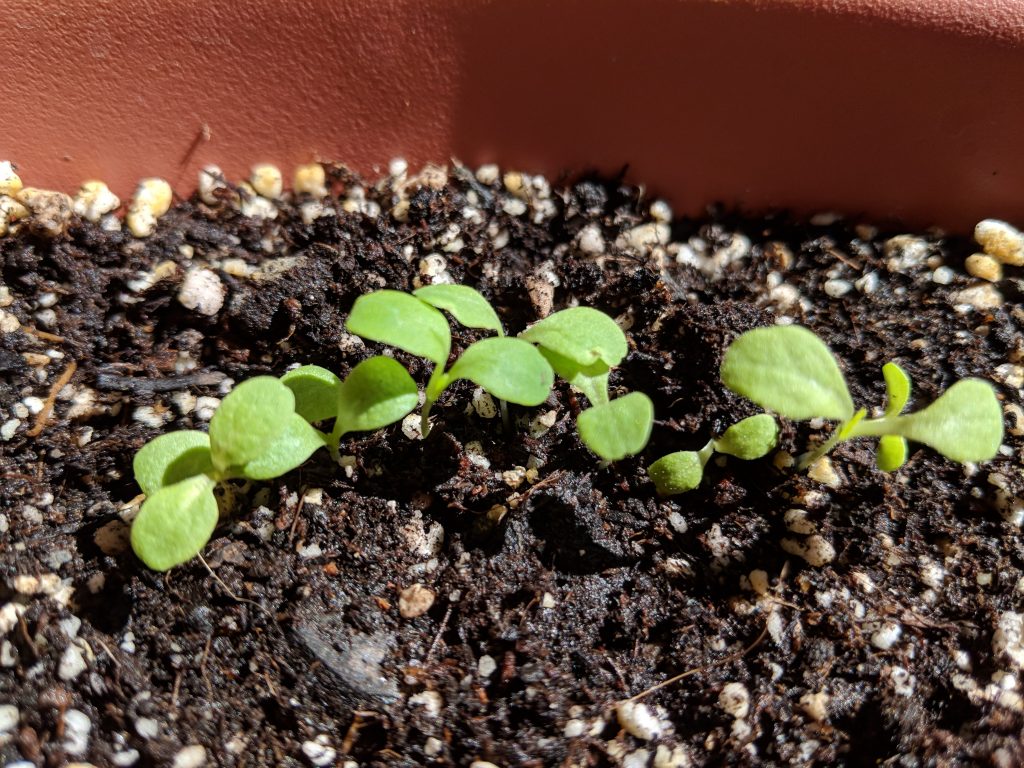
Snip off the littlest seedling (rather than pulling it) and you’ll be doing your veggies a big favor.
Poor watering = poor harvest
Colorado’s dry climate and clay soils can make life tough if you’re a vegetable. Good watering is critical. Trish says it’s not unusual to hear from gardeners who seem to be watering their veggies either too much or too little.
As with most of the plants in our landscapes, it’s best to give your veggies a deep, thorough soaking, and then water them a little less often. Water them until you’re sure they’re getting plenty of moisture down to their lowest roots. In a container, that means soaking them until you see water coming out the drainage holes in the bottom of the pot. Giving sips of water to plants is almost never a good idea. Deep drinks, with a bit more time between waterings, is the way to go. Better for the plants and easier on the gardener.
Don’t let your plants go hungry!
Even with healthy soil, most plants (other than natives) will appreciate a good meal now and then. Trish recommends a couple of products from the Age Old line: Age Old Grow and Age Old Bloom.
She uses the “Grow” fertilizer when plants are small and putting on their early flush of leaves. The “Bloom” goes on as they mature and approach their flowering stage. Both fertilizers should be used as directed. And remember: giving a plant too much fertilizer can be as troublesome as giving it too little.
Mulch is your friend!
There are a whole lot of reasons why mulching your veggie garden is a good idea. A two- to three-inch layer of straw or herbicide-free grass clippings near the base of each plant will conserve moisture and discourage weeds. It will also shade the plant’s roots, which a lot of veggies appreciate.
A protective layer of mulch can also help prevent certain diseases that spread when soil particles splash back onto the plants as they’re being watered.
When the season is over, the mulch can be worked into the soil to decompose over the winter.
We’re here to help!
Tagawa Gardens is at the ready to help you decide which veggies to grow, how to take care of them and what to do if problems come up. Bring samples or cell phone pictures to Dick’s Corner if you have questions. Here’s to a great 2018 harvest!
